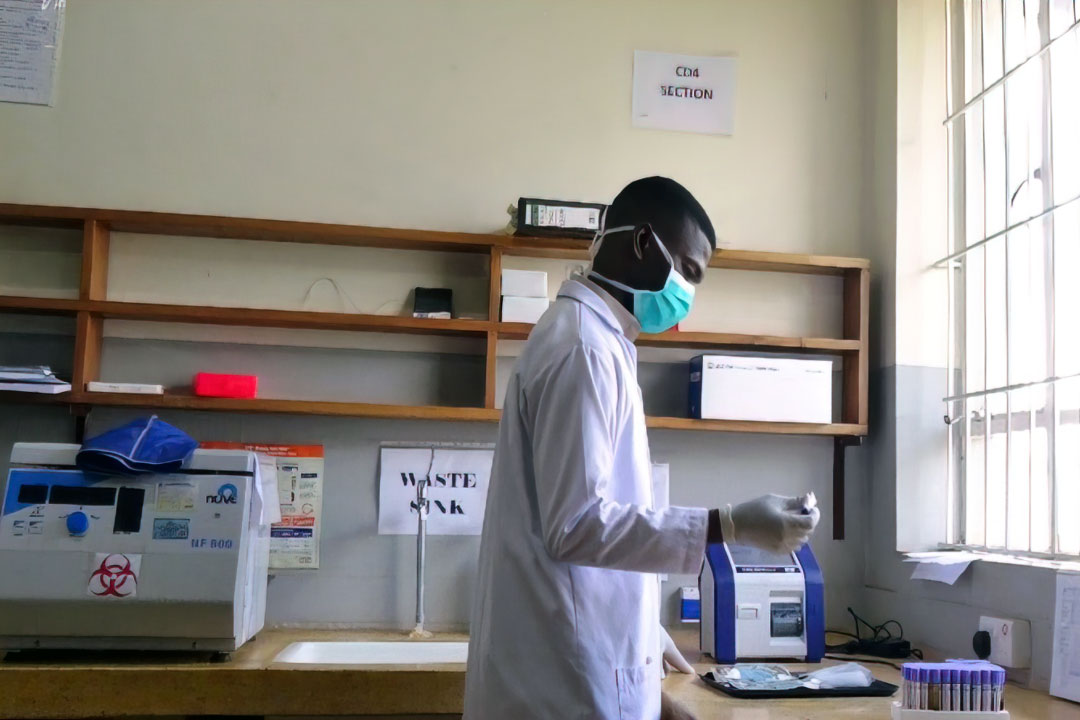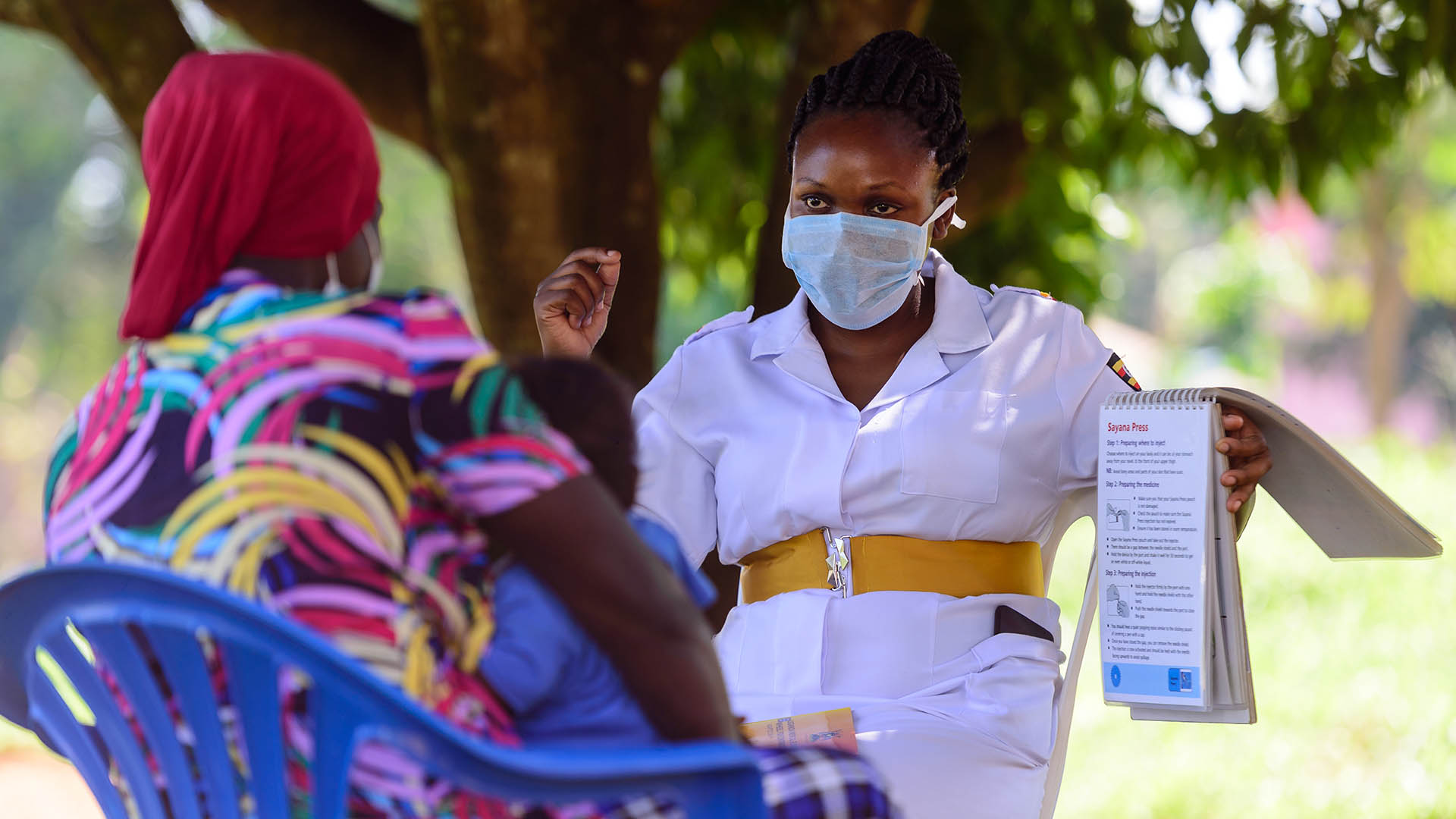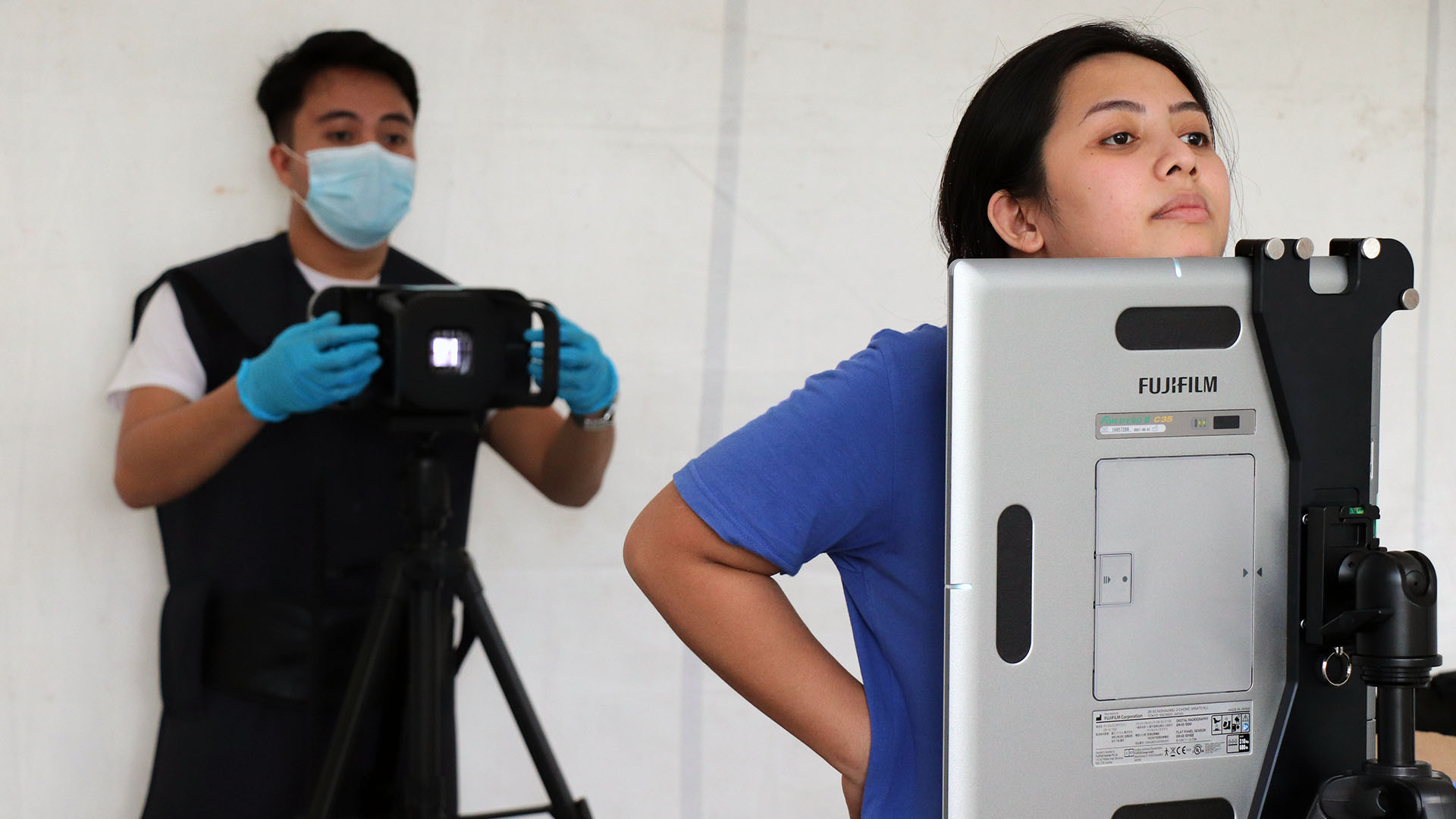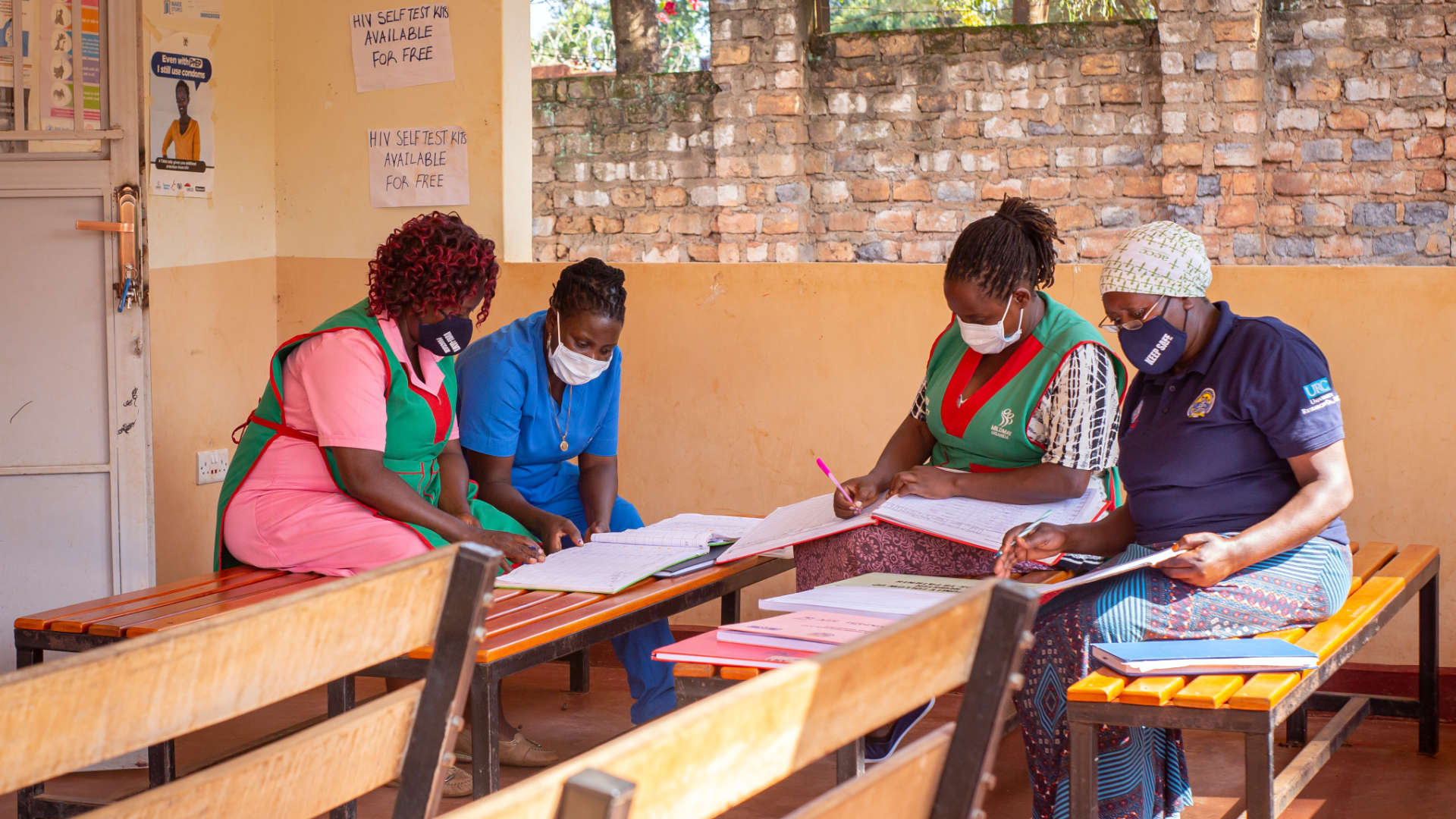Efforts to halt the spread of malaria, tuberculosis (TB), HIV, and other diseases depend on quality testing capabilities.
URC and our partners, in support of USAID’s Journey to Self-Reliance framework, helped the Jinja Regional Referral Hospital (JRRH) Laboratory obtain the International Organization of Standardization 15189 medical laboratory accreditation from the South African National Accreditation System (SANAS). JRRH was recommended for International accreditation by SANAS in October.
This accreditation means that key testing results from JRRH meet international quality standards. Prior to the JRRH lab, 25 other labs in Uganda have been accredited to these standards.
“Attaining accreditation status by SANAS means a lot to us as a lab team,” said Samuel Kasibante, Head of the JRRH Laboratory Department. “It means that at Jinja Hospital patients know that they can seek a service that meets requirements for quality and safety of care. In the same vein, it is a signal to principal investigators that our lab can handle research from simple analytical studies to randomized clinical trials.”
This achievement was possible through collaborative efforts by the USAID Regional Health Integration to Enhance Services in East Central Uganda (RHITES-EC) Project, A Global Healthcare Public Foundation, and the Uganda Ministry of Health.
“RHITES-EC is working to increase demand and access to health services, improve the quality of those services, and increase the adoption of healthy behaviors and practices in communities, among other tasks,” said Dr. Augustin Muhwezi, RHITES-EC Chief of Party. “This accreditation supports all of these goals and more.”
Improving Testing for TB, Hepatitis, Syphilis, and More
JRRH – one of 13 referral hospitals in Uganda – serves 12 districts with than 4.1 million people and sees more than 181,000 patients each year. Its laboratory provides on-site testing and sample referral to national reference laboratories through a transportation hub system available throughout the country.
JRRH performs a range of tests, including HIV serology, CD4, TB diagnosis by GeneXpert and Microscopy, complete blood count (CBC), malaria, syphilis, and Hepatitis B.
To attain the accreditation, RHITES-EC supported Jinja RRH laboratory with:
- Physical laboratory infrastructure renovation and remodeling;
- Laboratory quality management system trainings and mentorships;
- Technical support for laboratory external quality assessment schemes that aim to assess the proficiency of laboratory testing staff in performing testing procedures.
- Laboratory information management system strengthening; and
- Support for equipment maintenance and calibration in collaboration with the Uganda Ministry of Health.
The SANAS accreditation scope focused on four tests – TB diagnosis by GeneXpert, CD4 count (white blood cell count as indicator of immune function in patients with HIV), syphilis and hepatitis B – that were selected based on successful laboratory participation in external quality assessment schemes for the tests.
Quicker Clinical Decisions Enable Better Patient Care
The laboratory accreditation status has enhanced quality assurance of testing services to patients, including quality control, laboratory test results turnaround time, client management and customer care.
“A faster test result time has enabled quicker clinical decisions to be made – such as whether or not to initiate treatment – and ensured patients on the appropriate medical regimens,” said Dr. Muhwezi, RHITES-EC Chief of Party.
Improved client management and customer care has improved the flow of patients at the lab, reduced patient waiting time, and improved safety – especially during the COVID-19 pandemic – by minimizing congestion at patient waiting areas. In short, the accreditation has led to a high standard of services for both patients and health care providers.



